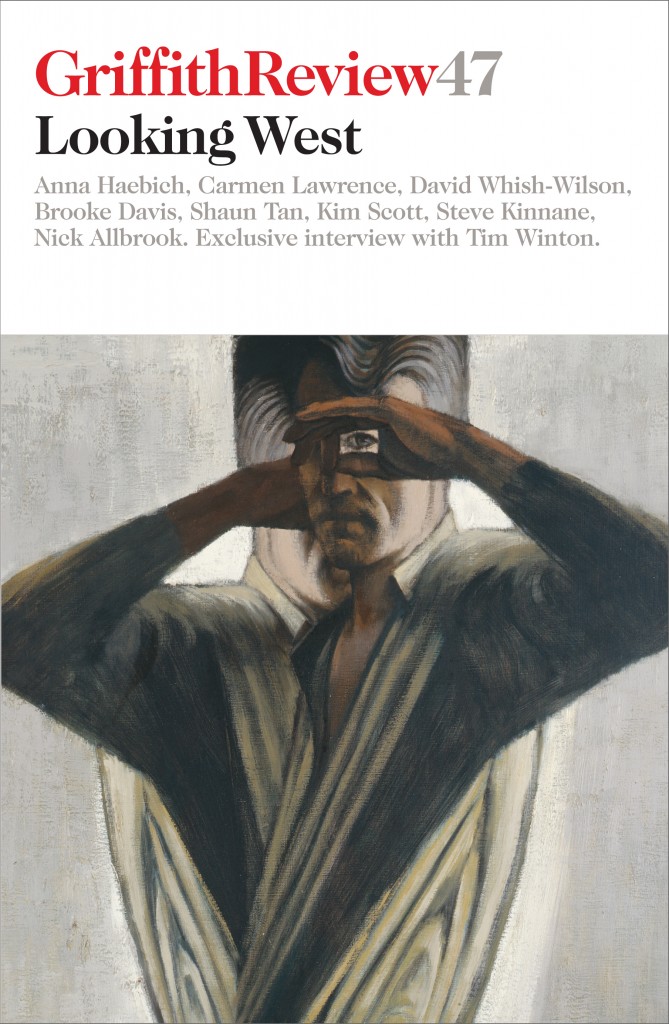Featured in

- Published 20150203
- ISBN: 9781922182678
- Extent: 264 pp
- Paperback (234 x 153mm), eBook

Already a subscriber? Sign in here
If you are an educator or student wishing to access content for study purposes please contact us at griffithreview@griffith.edu.au
Share article
About the author

Sarah Burnside
Sarah Burnside is a Perth-based writer with a focus on history, politics and policy. She developed an interest in the political and social impacts...
More from this edition

High school sewing
PoetryWincey – but really – wincey, a baby word from a nursery rhyme is what was doled out by the metre.You could make a...

In flight
EssayON 9 APRIL 2013, a boat carrying sixty-seven asylum seekers from Sri Lanka made its way undetected through several levels of surveillance and border...

The quiet slave
FictionEpisode One: Near MutinyIn 1820, Alexander Hare, the owner of a household of slaves and an increasingly controversial figure among the British in the...